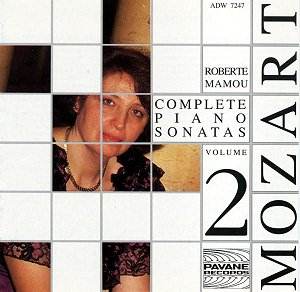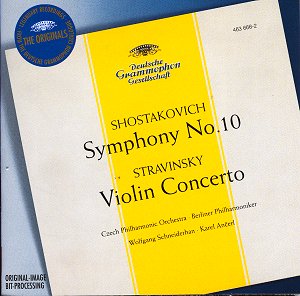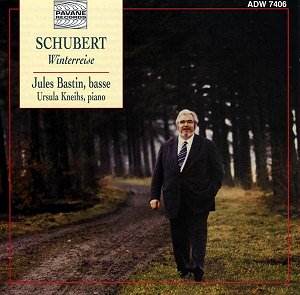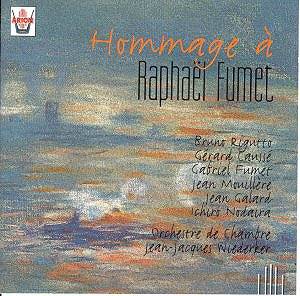
 Composer: Wolfgang Amadeus Mozart
Composer: Wolfgang Amadeus Mozart
Works: Piano Sonatas, Volume 2 – Sonata in D major, K 284; Sonata in C major, K 309; Sonata in D major, K 311
Performers: Roberte Mamou (piano)
Recording: 1991, Ghent
Label: Pavane ADW 7247
Mozart’s piano sonatas are a cornerstone of the classical repertoire, showcasing not only his prodigious talent but also the evolution of the piano as an instrument capable of nuanced expression. In this reissue of Roberte Mamou’s recordings of three sonatas—K 284, K 309, and K 311—we are afforded an opportunity to revisit works that span the composer’s formative years. The D major Sonata, K 284, written in 1774 when Mozart was just eighteen, serves as a significant precursor to his later masterpieces, revealing his early exploration of thematic development and variation form. This recording, though originating from 1991, remains relevant as it captures the essence of Mozart’s youthful exuberance and burgeoning complexity.
Mamou’s interpretation of K 284 is commendable, though it presents a challenge due to its extended finale, which comprises a significant portion of the piece. The variations, lasting nearly twenty minutes, demand a sustained tension and engagement that Mamou manages well, albeit with some reservations regarding dynamic contrast. While her phrasing is generally sensitive, a more pronounced range of shadings could have enhanced the listener’s experience, perhaps reflecting the inherent contrasts that Mozart himself would later wield with greater mastery. The natural clarity of the recording allows the listener to appreciate Mamou’s careful attention to the thematic lines, yet one feels that the music’s expansive structure calls for a bolder interpretive approach.
The heart of this disc is undoubtedly the performance of the C major Sonata, K 309, composed in 1777-78, a period ripe with emotional and stylistic exploration for Mozart. Here, Mamou’s artistry shines, particularly in the Andante, where her ability to shape phrases with both elegance and depth invites the listener into the sonata’s lyrical core. The Rondeau finale, marked Allegretto grazioso, is executed with a buoyant spirit, and the articulation of rapid scalar passages is both crisp and assured, showcasing her technical prowess. The recording captures these moments with a transparency that allows the nuances of her touch to resonate fully, creating a delightful interplay between the melodic lines and the harmonic backdrop.
The D major Sonata, K 311, rounds out this collection with further evidence of Mamou’s thoughtful interpretation. The interplay between the lively outer movements and the introspective Andante is handled deftly, with a sense of balance that reflects Mozart’s own compositional mastery. The engineering of the recording supports the clarity of the piano’s voice, ensuring that each note is given its due prominence without overwhelming the listener.
Roberte Mamou’s performances of these sonatas contribute to our understanding of Mozart’s piano oeuvre, providing an interpretation that is both respectful of the music’s historical context and ripe with personal insight. While there may be moments where a deeper exploration of dynamics and phrasing could have enriched the interpretations, the overall execution is both polished and engaging. This reissue serves as a valuable addition to the catalog of Mozart interpretations, reinforcing Mamou’s position as a sensitive and capable interpreter of this beloved repertoire.



